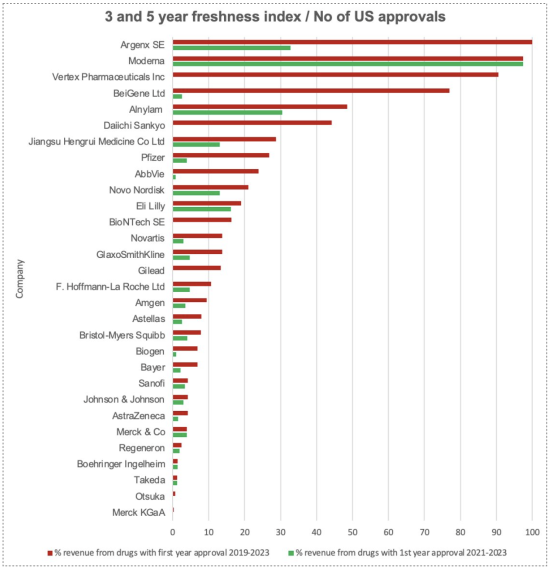
In the dynamic landscape of biotechnology, success hinges not only on groundbreaking science but also on strategic positioning, effective planning, and a commitment to continuous improvement.
Leveraging the insights gleaned from IDEA Pharma's deep positioning methodology, biotechs, particularly those in their nascent stages, can chart a course for success that goes beyond scientific innovation. Here's a holistic overview of how integrating these principles can transform the trajectory of a biotech venture:
1. Early Commercial Considerations: The Cornerstone of Investment and Asset Journey
For small biotechs eyeing pre-Series A funding, contemplating the commercial side of an asset from the outset is paramount. Investors and potential partners are increasingly interested in assets with a clear commercial vision. By proactively weaving commercial considerations into the fabric of early-stage planning, biotechs not only enhance their attractiveness to investors but also lay a robust foundation for the asset's journey. This foresight allows for more informed decision-making, minimizing future course corrections and maximizing the asset's potential.
2. The Power of Deep Positioning: A Strategic Imperative
Deep positioning isn't just a marketing buzzword; it's a strategic imperative that should be ingrained from the earliest phases of drug development. Rather than treating a product as a mere molecule, understanding its 'position' in the market is crucial. It involves collaborative efforts, matrixed teams, and the exploration of diverse market positions. By embracing this approach early on, biotechs set the stage for more impactful, targeted, and successful product positioning in the competitive pharmaceutical landscape.
3. Testing Positioning: Beyond the Surface
In the quest for successful positioning, testing becomes a critical checkpoint. However, it's essential to ask 'why' before embarking on this journey. Traditional testing often falls into the trap of preferring nice-sounding statements that may lack real-world relevance. Using tools like Kano's Model for customer satisfaction can provide a more nuanced understanding of how different positioning attributes impact perception. Testing should be more than a mere formality; it should be a tool for uncovering objections, unintended consequences, and potential areas for improvement.
4. Continuous Evaluation and Strategic Evolution
A small biotech's journey is marked by evolution, requiring periodic reviews of strategy, plans, and internal processes. This isn't a one-time affair but a continuous process that ensures alignment with market dynamics. Bringing in external experts for these reviews adds a layer of unbiased evaluation. These experts, armed with industry insights, challenge existing norms and push the biotech to be ambitious yet pragmatic. This collaboration becomes a catalyst for growth, showcasing a commitment to excellence and innovation.
5. Unlocking Potential through Collaboration
The integration of these principles isn't a checklist but a synergistic approach that unlocks the full potential of a biotech venture. By marrying early commercial considerations, deep positioning, thoughtful testing, and continuous evaluation, biotechs create a roadmap for success that resonates with investors, partners, and, most importantly, the patients they aim to serve.
Harnessing external expertise amplifies this journey, injecting diverse perspectives and fostering a culture of ambition and innovation. In the challenging realm of biotechnology, navigating success requires not just scientific prowess but a strategic vision that transcends conventional boundaries.
Get in touch here if you want to know more!
IDEA Pharma
We work with clients early in lifecycle, crafting a compelling product story and building a best-in-class strategy that helps every molecule reach its potential. It’s what we do best. And there’s nobody that does it quite like us IDEA Pharma
